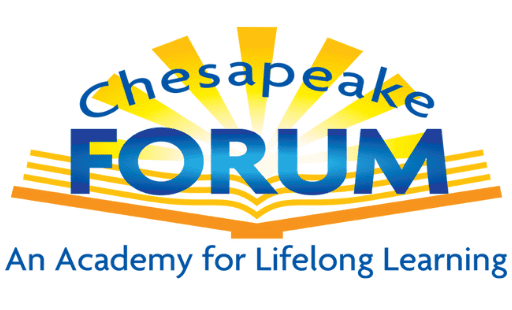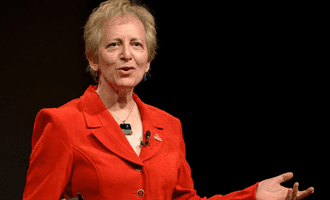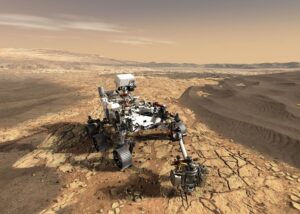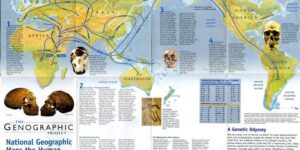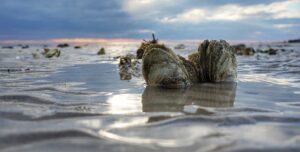If we want to figure out where life might exist in the solar system, then we need to understand the diversity of environments in which life can thrive. In this course, we will explore some of the most tenacious of Earth’s organisms and the “extreme” environments in which they live to understand what that might mean for finding life beyond Earth.
Life is everywhere on this planet. In this course, we will explore life at what we used to call “extreme” conditions. We now know that some of the hottest, coldest, most acidic, highest pressure, and most radioactive places are just right for organisms that have adapted to those conditions. Let’s explore life in what would be considered conditions too extreme for comfort or even survival for humans. Deep within the Earth, a lake with a pH like laundry detergent, microbes in the most arid desert on Earth. How do these tenacious life forms do it?
What to Expect: Explore some of the most tenacious of Earth’s organisms and the “extreme” environments in which they live to understand what that might mean for finding life beyond Earth. This course is being LIVESTREAMED like a TED TALK from the St. Michaels Middle High School to Chesapeake Forum in our first collaboration with the County Schools. This is not a traditional Zoom course.
Feedback from ‘Pan’s’ last course:
“Extraordinary in every way! 10 stars! We should have Pam Conrad for other CF courses!”
“Five stars is not enough. Dr. Conrad presented a widely complex subject in a resolutely understandable and compelling manner. She is an extraordinary public speaker and I will absolutely enroll in any future course she presents!”
“What a GREAT program this was!!! I hope we can get “Pan” to come back in the future.
